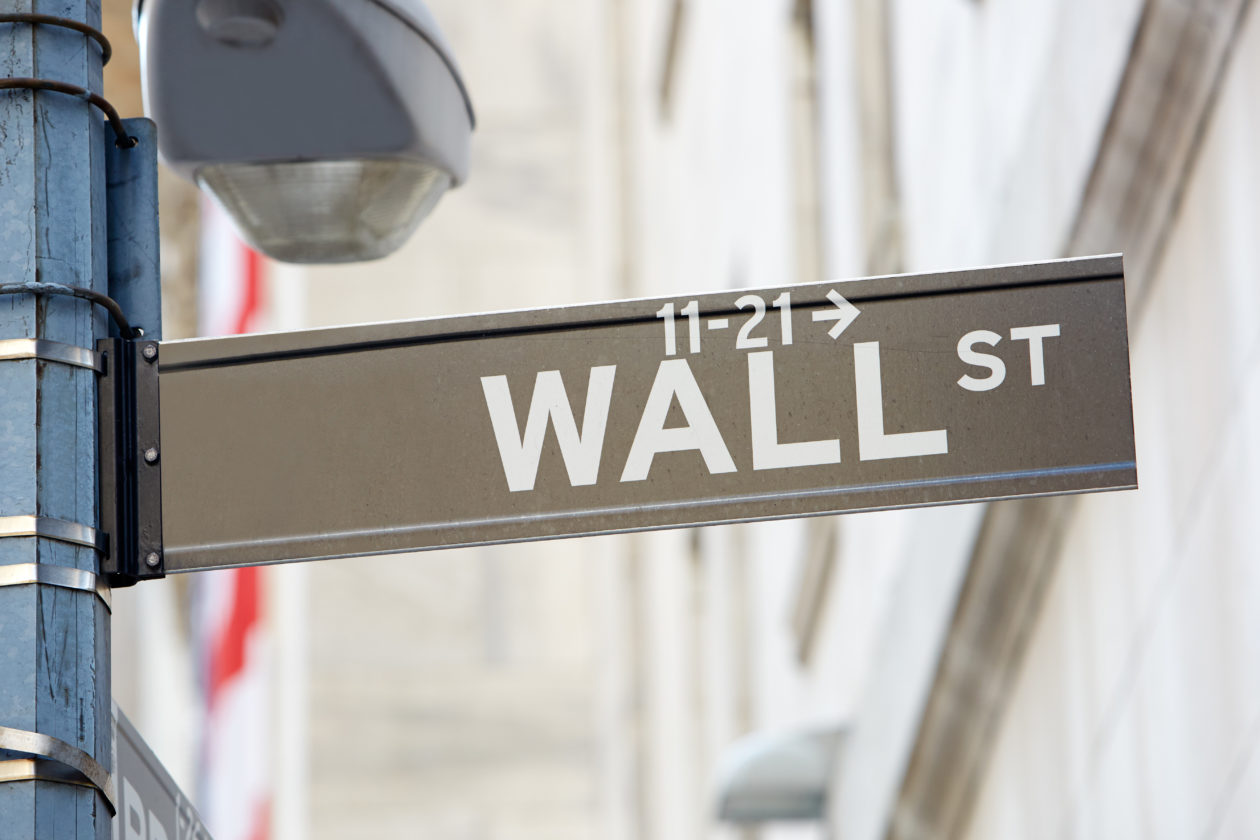In the crypto market, a scam can have a bullish effect. The rumors in the last three months of Wal-Mart and Kroger accepting Litecoin and Bitcoin Cash, respectively, for instore transactions jolted the cryptocurrencies and the stock price of both companies, for example. When it became clear there was a hoax in play, the retail giants’ shares dropped but the cryptocurrencies continued to rally. What do share prices affected by a hoax say about the future of crypto?
Crypto has been subject to significant fraud. In 2020, there were 26,932 investment scams reported for a total loss of over $400 million, according to the U.S. Federal Trade Commission. In the first quarter of this year, more than 14,000 purported frauds resulted in more than $200 million in losses, setting up 2021 to be the year of the crypto deception. The U.S. Securities and Exchange Commission is paying close attention, and the more rackets it uncovers, the more enforcement it could fast track to regulate the entire crypto industry.
We recently argued that tighter regulation could result in higher crypto prices. Institutional and retail investors are subject to compliance, a hot button item now in crypto. The legal shortcomings of the digital universe are spurring central banks to move to a CBDC reality sooner, and the Bank of England is the latest example. Markets want an anchor and transparent regulation and those are reasons why stock prices will stay hypersensitive to any news about crypto acceptance as a means of payment.
AMC is exploring new avenues to attract a generation of movie-goers that wants to speculate on meme stocks and spend fortunes in crypto at the popcorn concessionary. The company is looking into NFTs, accepting crypto to pay for tickets and food, and AMC’s management is considering launching its own digital currency. The movie theater chain found a strong connection with a new investor generation that seeks in AMC as a way to wealth. CEO Adam Aron has even given preference to crypto-enthusiast shareholders over other shareholders.
Stock markets are focused on how companies are digitizing their sales operations and how that is affecting earnings. A crypto hoax that causes a selloff in stocks is indicating a disappointment on the part of investors that the news wasn’t real. Crypto traders are used to outsize price reactions caused by flimsy announcements, but the 2.8% drop in Kroger’s stock price — a big decline for a S&P consumer staple — was double that of Bitcoin Cash and Litecoin.
Traditional blue-chip stocks with business models based on a long history of industrial success could be revolutionized by crypto if appropriately implemented. On the days when the Walmart and Kroger were confronted with a hoaxed press release about crypto acceptance, their stock prices fell more than the companies that have directly invested in Bitcoin such as MicroStrategy, Coinbase or Tesla.
Those that planted the hoax helped drive the interest in crypto to new heights. Search engine queries for crypto assets spiked, likely attracting the interest of regulators. Thus, the more hoaxes, the more investors get bullish on crypto becoming mainstream such that older industries are transformed into the digital economy. In a way, the old-versus-new-economy theme of the late tech-mania 1990s is replaying.
Stock prices are boosted — as Kroger and Walmart fully recouped their losses in two weeks — because Bitcoin and crypto are firmly identified in the markets as alternative assets that flourish in an environment where alleged fraudulent practices provoke sufficient regulatory control. The excess liquidity risk of Bitcoin has diminished, and crypto volatility has declined. The message underpinning the hoaxes is the stock market’s fervent wish to embrace a digital economy.




